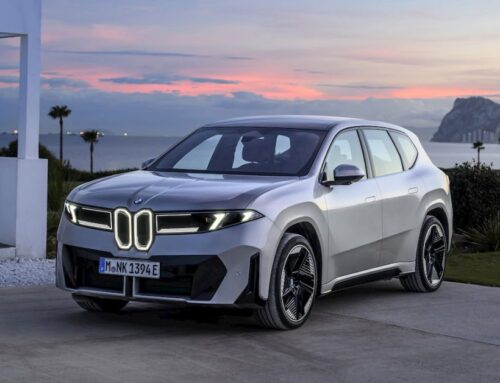Should you worry about an AI bubble? Investment pros weigh in.
November 14, 2025
Artificial intelligence has fired the stock market to record highs this year, with companies eager to tout their AI prowess and investor darlings like AI chipmaker Nvidia soaring on expectations of runaway growth.
But a tinge of fear is starting to shadow that exuberance as investors worry the AI boom could go bust.
The startling run-up in AI-related stocks is prompting comparisons to the dot-com era of the late 1990s, when many internet companies saw their stock prices skyrocket despite suffering vast financial losses. When that bubble burst in the early 2000s, it took down former high-fliers like Pets.com, torched investor portfolios and triggered a recession.
Bubbles occur when stocks surge on inflated growth expectations that ultimately prove to be disconnected from a company’s underlying fundamentals, a painful reality check that typically ends with overhyped shares falling back to Earth.
Thursday’s stock market tumble — when high-flying AI stocks such as Nvidia and CoreWeave led the tech-heavy Nasdaq Composite to see its biggest drop in months — fueled further anxiety this week about another bubble.
Beyond the stock market, economists are also questioning whether AI will turn out to be as transformative for businesses as proponents of the technology insist. Advocates say AI will spur a productivity boom, leading to stronger corporate growth and profitability.
“The stock market is a giant bet on AI right now. It’s really 10 companies that are driving all of it,” Rebecca Homkes, an economist and lecturer at the London Business School, told CBS News.
In other words, this year’s 15% gain in the S&P 500 is largely due to a handful of tech giants that are heavily investing in AI. The combined market capitalization of the so-called “Magnificent 7” — Google-owner Alphabet, Amazon, Apple, Meta, Microsoft, Nvidia and Tesla — today represents a record 37% of the S&P 500’s total value, according to Morningstar.
Irrational exuberance?
That may give pause to the millions of Americans who are saving for retirement in 401(k) and other plans. If the market’s gains lean so heavily on a few dominant companies, as during the dot-com bubble, the fallout could be severe if investors suddenly sour on AI.
“No one wants to be caught dancing after the music has stopped,” Aaron Schaechterle, portfolio manager at Janus Henderson, said in an email.
Still, today’s stock valuations aren’t nearly as stretched as they were in the late 1990s, Goldman Sachs analysts note. The investment bank’s analysis of the Magnificent 7’s median price-to-earnings ratio — a measure of a company’s share price compared to its profits — found it is “roughly half” that of the largest seven companies in the late 1990s.
“So it is true that valuations are high but, in our view, generally not at levels that are as high as are typically seen at the height of a financial bubble,” they noted.
Why this time may be different
The question of whether AI is fueling a bubble akin to the late 1990s was even posed to Federal Reserve Chair Jerome Powell at the central bank’s Oct. 29 meeting.
“This is different in the sense that these companies — the companies that are so highly valued — actually have earnings and stuff like that,” Powell said. “So you go back to the ’90s and the dot-com [period]… these were ideas rather than companies.”
Nvidia, for example, the AI boom’s poster child, has seen its revenue more than double to $130 billion in its last fiscal year, while its profit surged 145%.
Although the stock market may not be in imminent danger of a bubble-bursting crash, economists are increasingly questioning whether AI companies can live up to the hype, as well as justify the trillions in capital spending on the data centers and other infrastructure required to power the AI revolution.
For these bets to pay off, AI will need to transform U.S. businesses by spurring a productivity boom that translates into stronger corporate growth and profitability, experts say.
“We want to understand whether this is storytelling or actual tangible gains,” Homkes of the London Business School told CBS News.
For tech evangelists like Wedbush Securities analyst Dan Ives, the AI boom will lead to a “4th industrial revolution” that could supercharge economic growth. “This is an AI Arms Race, and what is fueling this next chapter of growth is Big Tech spending and that is NOT slowing down into 2026,” he wrote this week in a research note.
“The doubters need to come on board and recognize this is a transformational technology,” Homkes agreed, while noting that such a shift is likely to take much longer than some AI boosters currently envision.
Search
RECENT PRESS RELEASES
Related Post


